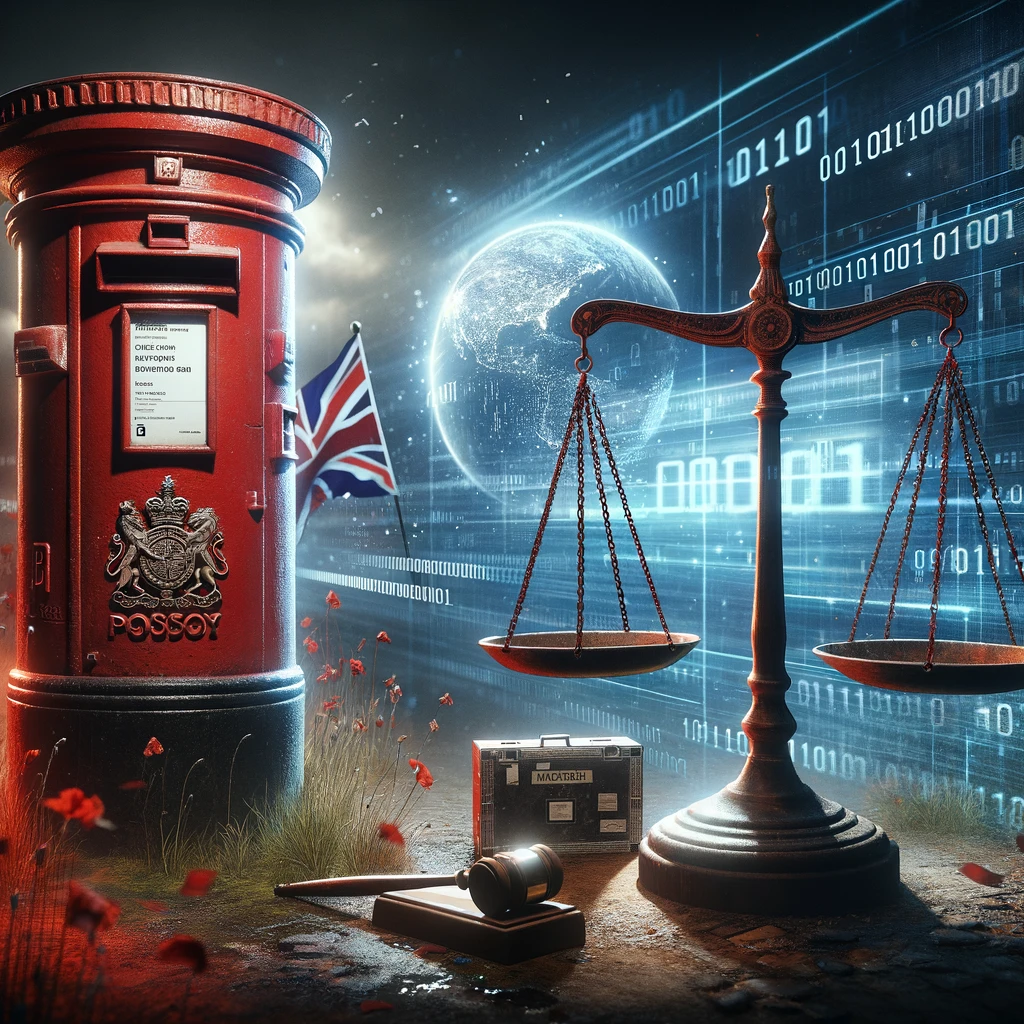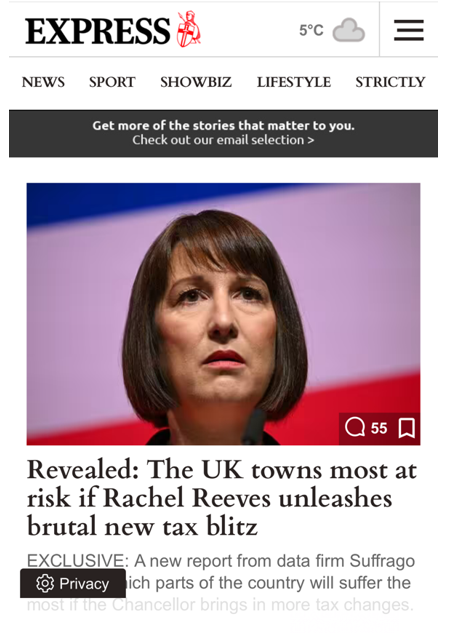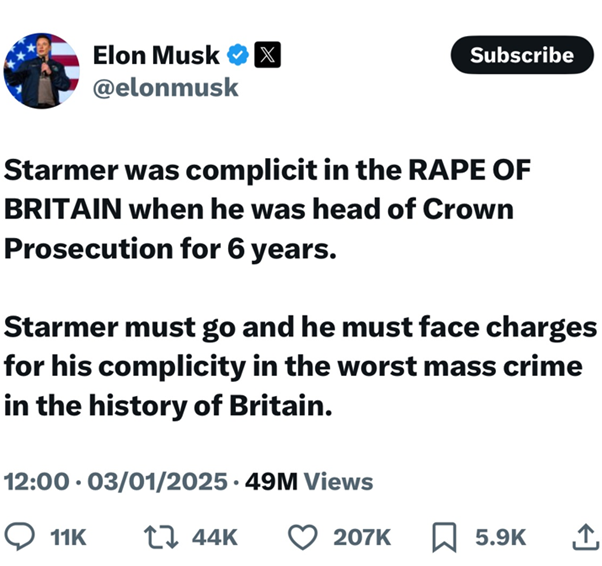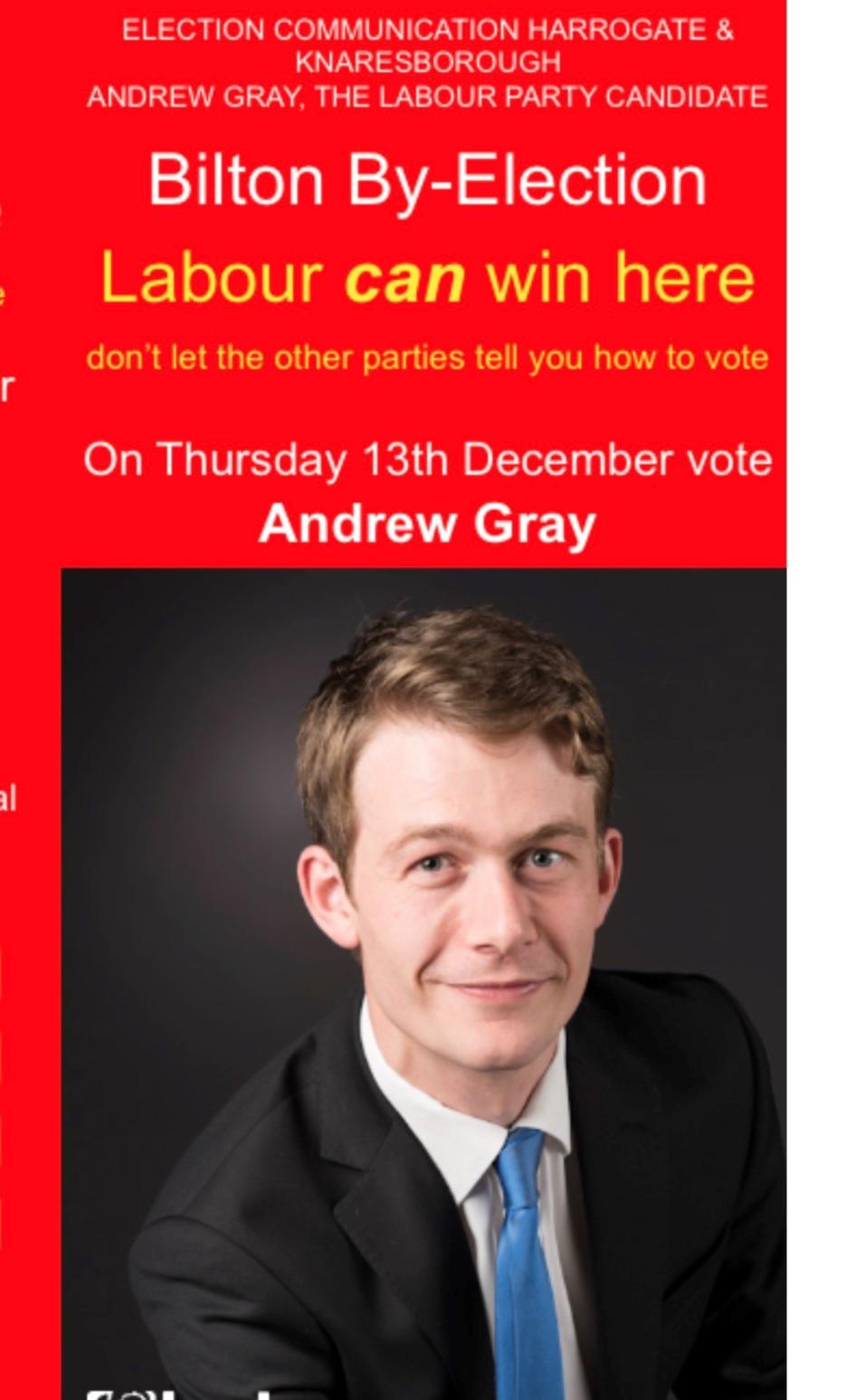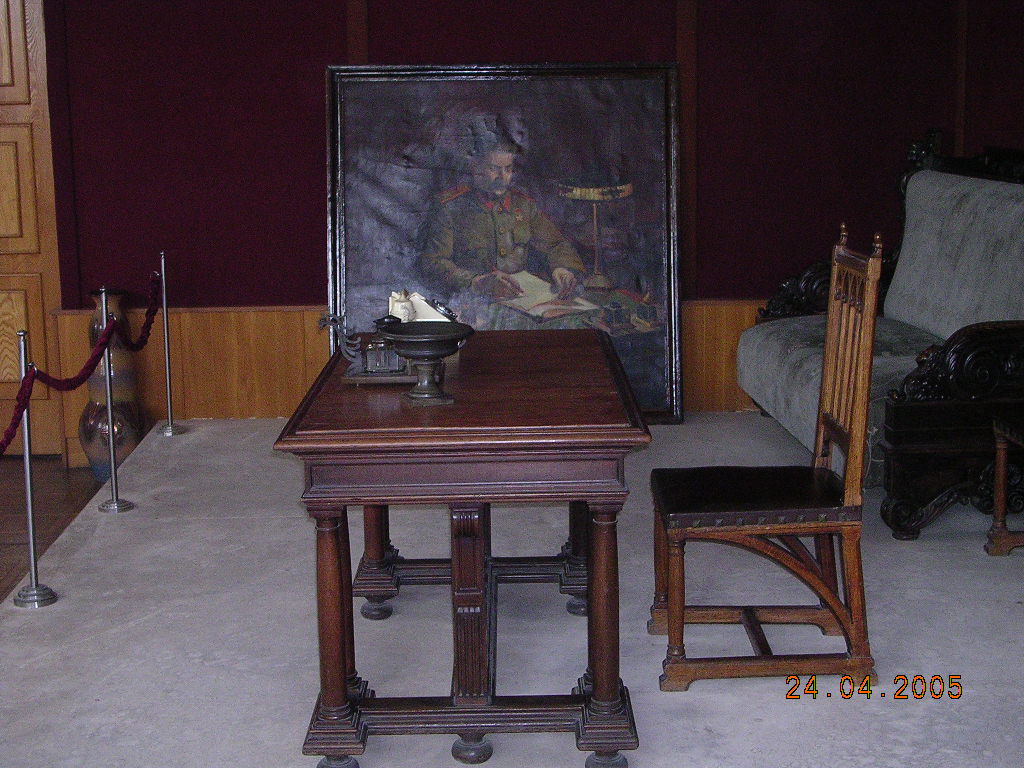We are living through a more dangerous period than the Cuban Missile Crisis, yet nobody is talking about it.
With Russian ground forces getting pulverised, with its air force still without air superiority, with its navy hiding and with 300,000 poor conscripts mobilsed, Russia is in a jam of its own making. Russia is losing: it is no longer a conventional war threat to NATO countries.
Last week – the same week as Putin road-tested his nuclear capabilities – Russia blamed the United Kingdom for the following:
- Training the Ukrainians in how to create a dirty bomb.
- Deploying personnel on the ground in Ukraine, which directed a number of successful drone attacks on the Russian Navy.
- Blowing up Nord Stream 1.
In addition, in a speech, Putin highlighted Liz Truss’s nuclear sable-rattling during the Tory leadership contest. This is war talk.
In normal times, such allegations would be all that sensible people would be talking about. But we are in a de facto war against a nuclear nation and still people are not talking about how we have become, after Ukraine, target number 2 in the world. Not only are we supplying Ukrainians with weapons, but we are also training tens of thousands of their conscripts here in the UK. It seems to me that we are way beyond just waging a proxy war against Russia.
I am not arguing that our policies are wrong, rather, I am highlighting the fact that we are an increased risk of annhilation and yet this is not what people are talking about. During previous threats of nuclear catastophe, some people stockpiled food and built nuclear shelters. But why not now?
Before the conflict, Dominic Cummings blogged about the possibility of a nuclear accident triggering a war. He wrote:
“The cumulative probability of disaster grows alarmingly even if you assume a small chance of disaster. For example, a 1% chance of wipeout per year means the probability of wipeout is about 20% within 20 years, about 50% within 70 years, and about two-thirds within a century. Given what we now know it’s reasonable to plan on the basis that the chance of a nuclear accident of some sort leading to mass destruction is at least 1% per year. A 1:30 chance per year means a ~97% chance of wipeout in a century…”
During peace times, we have become accustomed to living with the risk of a nuclear accident wiping out mankind. Oddly, in times of war, it seems that, for most people, the calculus has not altered. I’ll level with you: I am worried, particularly as a Brit living near a US spy base – Britain, island nation, severed from Europe both physically and politically.
With power cuts expected this winter, hospitals in dire straits and with Tory Austerity 2.0 en route, these are the most precarious of times. I can understand why people would want to leave. One perverse crumb of comfort is that, as Putin expects, the difficulties Europe will face in winter might tip the balance towards settlement. Secondly, though nobody noticed, read Sunak’s words about Ukraine as he stood outside Number 10 as Prime Minister:
“…after all the dislocation that caused in the midst of a terrible war that must be seen successfully to its conclusions …”
Now contrast those words with Lizz Truss’s leaving speech regarding Ukraine:
“We must be able to outcompete autocratic regimes, where power lies in the hands of a few. And now more than ever we must support Ukraine in their brave fight against Putin’s aggression. Ukraine must prevail.”
Barely, imperceptibly different, but different in emphasis. Perhaps I am reading too much into it, but my estimation is that Sunak will be less hawkish on Russia and will likely prioritise the economy over Ukraine. If so, hopefully a negotiated settlement can be reached.
Whilst this plays out, I shall remain dismayed that my fellow countryman are disinterested in the risk to us, here in the UK. But As Twain puts it: “Whenever you find yourself on the side of the majority, it is time to pause and reflect.”




